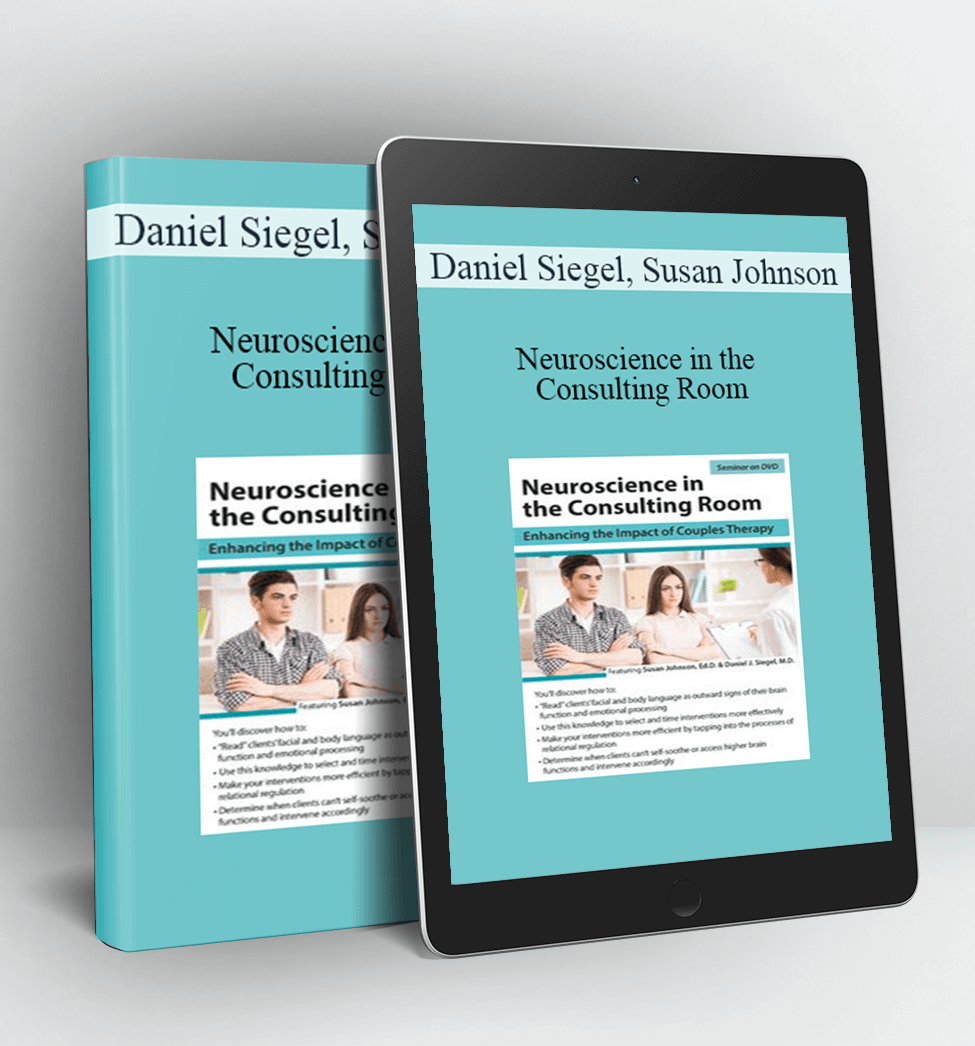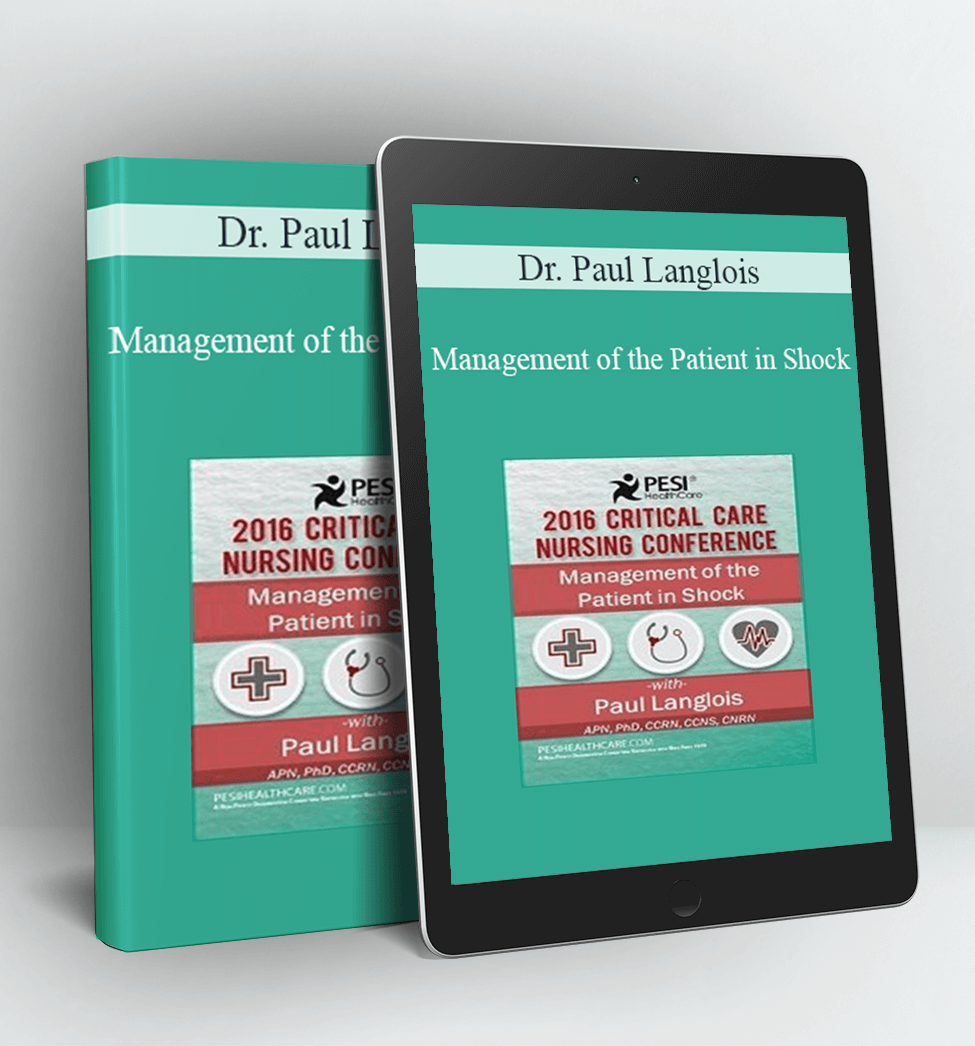Take the ‘Enemy’ out of Frenemy – Susan Fee
- Faculty:
- Susan Fee
- Duration:
- 2 Hours 48 Minutes
- Format:
- Audio and Video
- Copyright:
- Mar 20, 2020
Description
Helping girls learn how to navigate friendships can be rewarding, but also time-consuming and emotionally exhausting for the clinician. The school environment is the most common arena for relational aggression to develop. Something as simple as choosing partners for a project, finding a seat on the bus or lunchroom, or playing at recess can erupt in drama. Pile on parent involvement and social media and situations can exponentially escalate.
Signs of relational aggression can manifest in several ways: increased conflict, social isolation, poor grades, decreased concentration, physical complaints of nausea, headaches, changes in weight, digestive problems, and sleep disturbance. Symptoms can develop into depression, anxiety, self-harm, and eating disorders.
Watch this recording and you’ll learn:
- Interventions to make individual sessions or groups more effective for each age and stage
- Skill-building activities that are visual, interactive, and memorable beyond talking and processing feelings
- Tools to teach girls how to regulate emotions, manage conflict, practice assertive communication, and improve stress management
- Strategies to reduce the negative impact of comments adult make and the way they respond (or don’t)
You’ll receive reproducible handouts, scripts and prompts, step-by-step intervention instructions, and examples of parent coaching sessions and will be equipped to teach girls the skills to manage conflict and form healthy bonds, thereby improving their mental health!
Handouts
| Manual – Take the ‘Enemy’ Out of Frenemy (6.1 MB) | 60 Pages | Available after Purchase | |
| Illinois Educators Self-study Instructions (28.5 KB) | Available after Purchase | ||
| Illinois Educators Evaluation Form (1.2 MB) | Available after Purchase |
Outline
Interpreting Overt and Covert Behaviors
- Gender communication styles and friendship roles: Developmental stages
- Behaviors of healthy relationships and trust development
- Clinical implications of anxiety, depression, self-harm, and eating disorders
- Adolescent brain development and hormonal changes
- Impact of social media as it relates to relational aggression
Cliques and Group Dynamics
- Common roles and behaviors in cliques
- Adult pitfalls and approaches to manage negative behaviors
- Solution-focused interventions to address conflict: Exercises and reproducible handouts
- Conversation strategies to increase assertiveness
- Passive, aggressive, and passive-aggressive communication styles: Role play examples
Coping Strategies for Relational Aggression
- Cultivate strengths during adversity to manage feelings of loneliness, isolation, anxiety, and depression
- Build awareness of brain/body development and physical manifestations of anxiety
- Teach signs of healthy friendships
Parent/Family Support for Girls
- Communication techniques to foster self-esteem
- Psycho-educational resources and exercises
- Should you ever call the other parent?
- Enabling versus supportive behavior
- Modeling friendship skills and social “homework”
Faculty
Susan Fee, M.Ed., NCC, LMHC Related seminars and products: 2
Susan Fee, M.Ed., NCC, LMHC, is a national speaker and author in private practice. She developed Circle of F.R.I.E.N.D.S., a curriculum and facilitator’s guide, to teach girls ages 8-14 how to build healthy friendships through assertive communication, conflict resolution, and resiliency. Susan has provided training on relational aggression for students, educational faculty, parents, and mental health professionals for the last 15 years, including 10 years speaking at the American Camp Association conference.
In 2016, she delivered a TEDxWWU talk on relational aggression. Susan is passionate about the use of storytelling in mental health and is the director of “The Brainchronicles,” a storytelling show for NAMI of Washington State. She’s a regular Seattle MOTH StorySLAM winner and has been featured on The Moth Radio Hour. Susan is a member of the American Counseling Association and board member of Washington Mental Health Counselor Association.
Speaker Disclosures:
Financial: Susan Fee is the owner of Susan Fee & Associates, LLC. Ms. Fee receives a speaking honorarium from PESI, Inc.
Non-financial: Sarah Benton is a member of the American Counseling Association. Ms. Fee is a board member for the Washington Mental Health Counselor Association.
Access Download Take the ‘Enemy’ out of Frenemy – Susan Fee right now!
Delivery Method:
After your purchase, you’ll get access to the downloads page. Here, you can download all the files associated with your order.
Downloads are available once your payment is confirmed, we’ll also send you a download notification email separate from any transaction notification emails you receive from Vinlearn.




